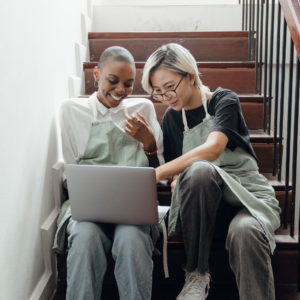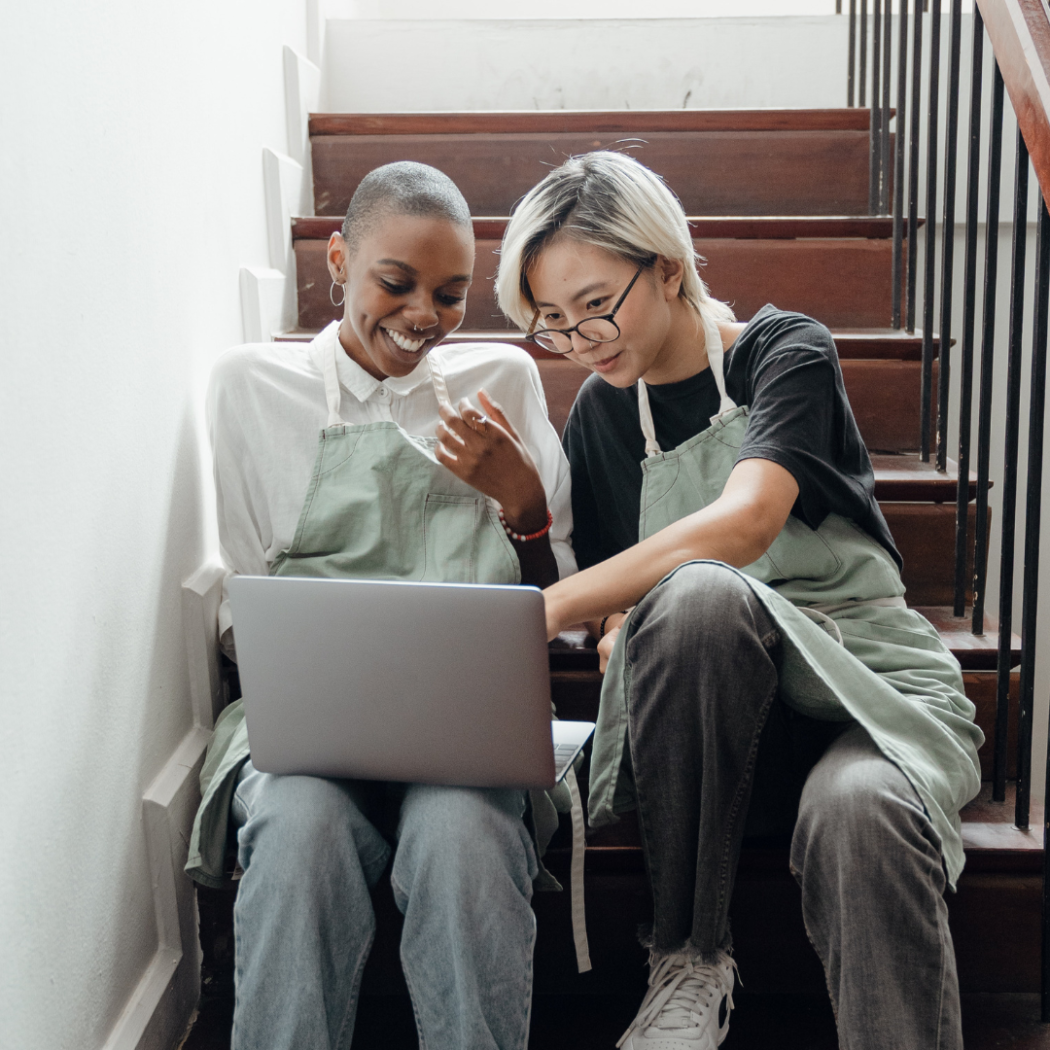 More people find the courage to speak up and be who they are during Pride. With them joining the celebrations, they’re also bringing family members and friends who may still be new to the idea, but are (hopefully) on board, even if they still have questions on how to be supportive.
More people find the courage to speak up and be who they are during Pride. With them joining the celebrations, they’re also bringing family members and friends who may still be new to the idea, but are (hopefully) on board, even if they still have questions on how to be supportive.
If you’re a cisgender, heterosexual person (aka, someone who identifies with the gender they were assigned at birth and is attracted to people of the opposite sex) who’s wondering how to be an ally, don’t worry! It’s not as difficult as you might think, and reading this shows you’re willing to learn.
This article is by no means a definitive guide. If you want more specific information, it’s best to ask the people or organizations within your own community. Here are some starting tips:
1. LEAVE US BE, BUT DON’T SHUT US OUT
Believe it or not, by giving us space, you’re showing support. Many of us LGBTQIA+ people remain constantly guarded in social situations because we’re aware we never truly know who we’re around and what those people are capable of. All we want is the opportunity to exist in the same world and at the same time as everyone else. No special treatments, no gold stars for showing up — just the same common decency everyone else gets. (See how easy this is already?)
2. CALL OUT BIGOTRY WHEN YOU SEE IT
Regardless of how tolerant and respectful you are of LGBTQIA+ people, if you remain silent in moments when other people voice their discriminatory opinions, you’re allowing bigotry to perpetuate.
I am more than understanding of the fact that standing up to bigotry — especially to those who hold a position of power — can not only be a nail-biting experience, but it can also turn ugly very quickly. Those people, often feeling combative, will talk loudly, hoping somebody will call them out for what they said and cause a fight to ensue.
In that situation, remember two things:
- More than likely, these people have never been called out for this (or other things) before. So, if you’re the first, you could also be the last.
- If you really do fear for your physical safety or overall well-being, or you simply don’t like debating with bigoted people, you have every right to disengage and move on.
However, in any other case, allow me to quote Janis Ian from the movie “Mean Girls”:“There are two kinds of evil people in this world: Those who do evil stuff, and those who see evil stuff being done and don’t try to stop it.”
3. BE SUPPORTIVE
It’s quite common for people to respect the LGBTQIA+ community from a far distance, but with their friends and family members, it’s a different story. While LGBTQIA+ people do need certain laws and protections that others don’t because of the discrimination we face in health care, job settings, and the world in general, we are exactly the same as you. We work, we pay bills, we fall in love, we eat ice cream cake on our friends’ birthdays. The fork in the road that separates us from you is the people in power who are trying to take those normal experiences from us.
Anybody you meet can be LGBTQIA+. Your family friend that recently came out was queer back when you first met, and you still valued your friendship then, right? We are not branded with some sort of identifier where people can point us out and say who we are. You’re going to have to leave your emotions at the door on this one.
With that being said, I don’t know the whole story of every LGBTQIA+ person who’s ever existed. I can’t dictate how you should react, nor would I like to. All I can say is to please keep a level head about things — or you may come to regret it later.
4. GET INVOLVED, BUT KNOW YOUR PLACE
This one is almost painful to explain because there are so many allies that truly mean well. I want to give them a genuine thank you because they’re so eager to show the LGBTQIA+ community that there are still people out there who care and are listening with open ears.
However, allies can sometimes overdo it. We are not “your people” and you’re not any better than the next cishet ally. Pride and allyship shouldn’t center on you.
To anybody willing to help us out that’s coming from a genuine space, I want to stress this: You are so valued and appreciated, and you are not carrying our struggles on your back. We are carrying our own, as we’re sure you are.
And if you only want to step in when others will see, take a moment to look introspectively and realign your values before you offer to help.
Additionally, when we share our experiences with you, don’t listen intending to respond or give some sort of platitude about how we should be grateful we aren’t being treated like LGBTQIA+ people in some faraway place. Instead, listen with the intent to understand. You will never fully understand, either — keep that in mind, too.
5. PRIDE ISN’T FOR THE PREJUDICED
For those who may disagree with me: I cannot say I understand where you’re coming from when it comes to LGBTQIA+ rights. I do, however, understand where a hang-up about Pride Month might be coming from.
I’ll let you in on a secret: A lot of us queer people have qualms with the whole idea. Of course we want things to improve for us, but we don’t see how walking in a parade and waving a flag for a few hours once a year will make any actual change.
Regardless of your gender or sexual orientation, if you’re attending Pride events, make sure you’re there because you genuinely have something or someone to celebrate and feel excited about. (Even if that something is the pretty floats!)
The LGBTQIA+ community has always shown unbelievable resiliency against those who try to attack us or belittle our truth. Knowing we have allies who are also rallying for us reinforces the idea that while we may have a long way to go, the light at the end of the tunnel is shining — and it’s all the colors of the rainbow.
This article was originally published on June 13, 2022.
 Christy Pineau is a freelance writer from Atlantic Canada who definitely does not mind that your dog came over to say hi. That’s exactly what she wanted anyways. She also loves technology, social justice, and angel food cake.
Christy Pineau is a freelance writer from Atlantic Canada who definitely does not mind that your dog came over to say hi. That’s exactly what she wanted anyways. She also loves technology, social justice, and angel food cake.

There are no comments
Add yours